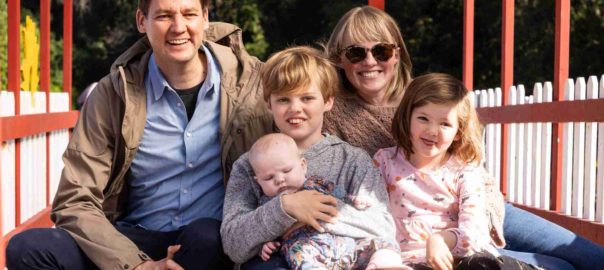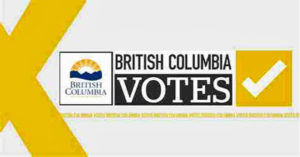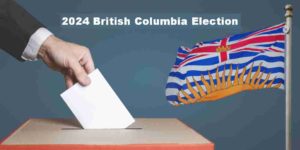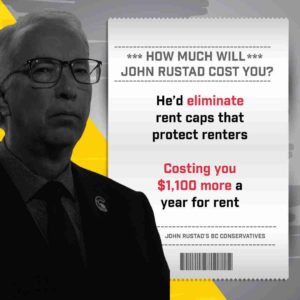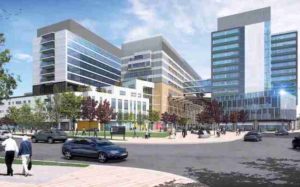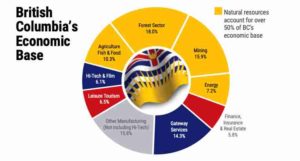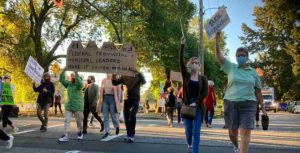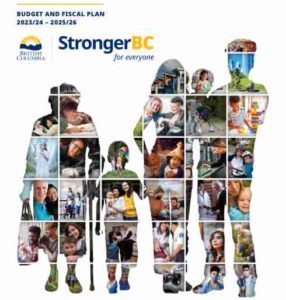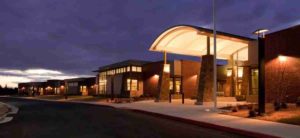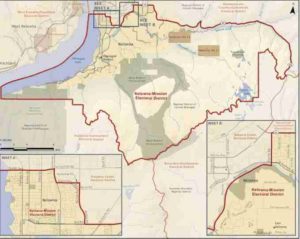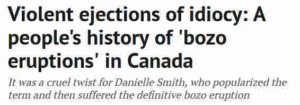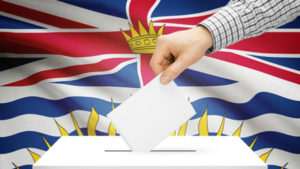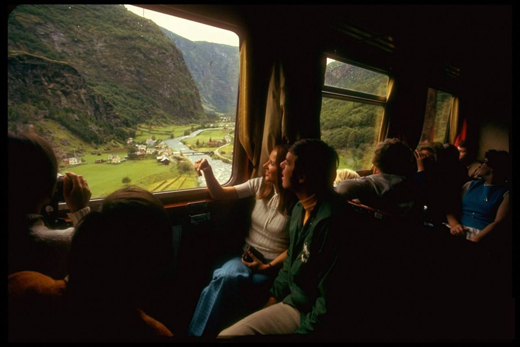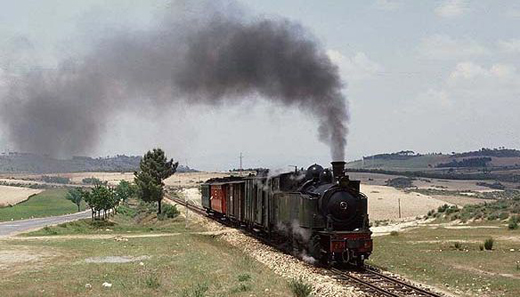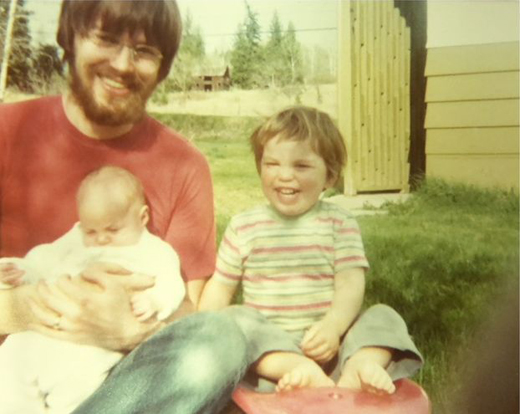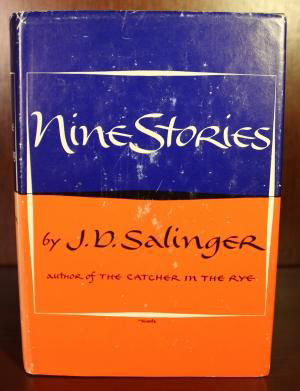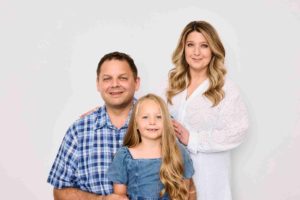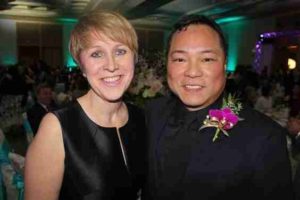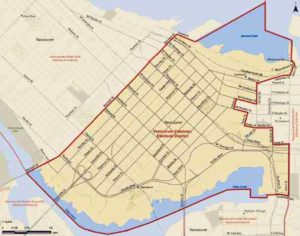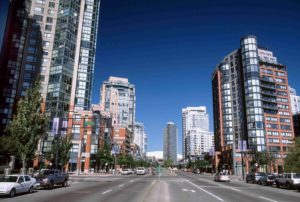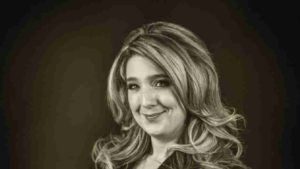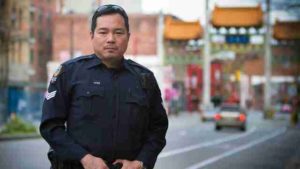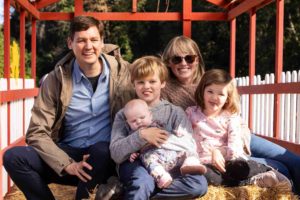
David Eby and his family, baby Gwen, son Ezra, 10, daughter Iva, 5, and David’s wife, Dr. Cailey Lynch
David Eby stands out as a visionary, a once in a generation political leader who is committed to justice, equity, and the well-being of all British Columbians.
As the Premier of British Columbia, David Eby has demonstrated his exceptional skills as a politician, and his unwavering dedication to meaningful social change.

David Eby’s leadership embodies a rare combination of compassion, authenticity, a deep understanding of how government functions and how best to bring about change for the better that serves the interests of all B.C. citizens — young people just starting their lives, vulnerable populations in every community, middle class and those working to join the middle class working people setting a path to establish themselves in the economy, those British Columbians who have already established themselves as the core element of British Columbia’s population that are thriving in our robust economy, members of our mature population and senior citizens in retirement or just about to embark on retirement — and all ethnic and cultural groups who comprise the mosaic of British Columbia’s diverse population.
David Eby’s bold policy vision seeks to address the province’s most pressing issues — health care, the provision of housing to serve the interests of all British Columbians no matter their economic circumstance, crime and public safety — with a well-thought-out action plan to ensure his government’s success.
- Health care. David Eby has successfully worked with a sometimes intransigent and hide bound federal government to streamline the process to allow doctors and nurses to enter Canada, become accredited and begin their practice in British Columbia. In 2023, David Eby’s government hired 700 new doctors and 1500 new nurses, and will do so again this year and next year — for a total of 2100 new doctors and 4500 new nurses arriving from abroad over a three year period into British Columbia, unprecedented any where else in Canada, many of Canada’s new physicians and nurses arriving from Great Britain, these health care professionals leaving a British health care system in crisis after 15 years of Conservative government. In addition, British Columbia graduates 1500 new registered nurses and 300 new doctors from British Columbia post secondary institutions each year, a figure set to expand;

- Housing for all. 100,000 new housing co-operative units to be built across the province over the next 10 years, on Crown land, on a 99-year leasehold basis, collective home ownership for 250,000 British Columbians; 25,000 units of supportive housing to be constructed and open by 2030 to house British Columbia’s unhoused and most vulnerable citizens, too many of them currently living in rundown, rat-infested SROs; 25,000 new homes for those getting into the market, 40% of the cost of the new homes borne by government on a 25-year cost recovery basis; the B.C. Builds programme, which will see the construction of 100,000 units of market housing, many of those transit-oriented new homes in Metro Vancouver built around Skytrain stations; and 50,000 units of housing as homes for our burgeoning seniors population;
- British Columbia Attorney General Niki Sharma and Premier David Eby have over the past two years embarked on a mission to ensure the revolving door system of justice — or injustice, as most British Columbians see it — comes to an end, so that prolific offenders are jailed and off the streets for an indefinite period of time. In addition, Premier David Eby has committed to a system of involuntary care for those addicted, mentally unwell members of our community involved in crime, assault and mayhem as a lifestyle choice, who pose a danger to themselves and others, who will receive treatment to allow them to become functioning members of our community.
The entire British Columbia New Democratic Party platform may be found by clicking or tapping on this link, and includes information on the B.C. NDP’s proposed transportation policy — which involves full government funding of public transportation, as a priority — expanding school meal programmes; strengthening consumer protection laws; cracking down on housing speculators and flippers; protecting you from the return of MSP premiums and bridge tolls; keeping rent caps in place for B.C.’s residents living in one of British Columbia’s 600,000 rental units; training more doctors; making B.C. a clean-energy superpower; reducing carbon pollution; moving B.C. closer to our goal of protecting 30% of provincial lands by 2030; and working with Indigenous peoples to strengthen communities, by taking action on Indigenous housing, education and supports for families and people.
The Future: A Choice for Progress or Regression
As British Columbia heads towards Election Day 2024 — this upcoming Saturday, October 19th — the stakes are high.
David Eby’s B.C. NDP is the only British Columbia political party offering a comprehensive, inclusive vision for our province’s future.

In contrast, the far-right BC Conservative Party, known for its climate change denial and socially regressive policies, not to mention racism and intolerance, threatens to undo much of the progress made under David Eby’s leadership — for instance, the 250,000 British Columbians who might look forward to a residence within one of the 100,000 units of co-op housing David Eby’s government will build, can forget about that as a future prospect, given John Rustad’s regressive Conservatives have no plan to provide any such housing, which they consider to be a radical communist conspiracy, one of the many conspiracies which inform their raison d’être.
The B.C. Conservative Party’s rejection of diversity, inclusivity, and climate science stands in stark contrast to David Eby and the B.C. New Democrats’ commitment to addressing real-world problems with innovative and compassionate solutions.

The October 13th Angus Reid poll of 2863 eligible B.C. voters. Want to make it happen? Vote NDP!
For British Columbians, the choice is clear: a vote for David Eby and the British Columbia New Democratic Party is a vote for progress, stability, and the continuation of policies that uplift all citizens, particularly the vulnerable and marginalized.
David Eby’s leadership represents a rare opportunity for the citizens of British Columbia — a chance to build a fairer, more equitable society while tackling the housing, health care, and climate challenges that will define our province’s future.

